ACT Math 1 - Formulas and Definitions
1/28
Name | Mastery | Learn | Test | Matching | Spaced |
|---|
No study sessions yet.
29 Terms
Commutative Property
Order of operands can be changed without affecting the result in addition and multiplication operations.
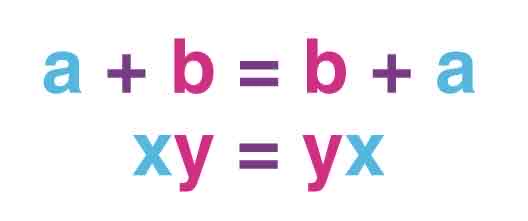
Associative Property
The grouping of operands doesn't change the result in addition and multiplication operations.
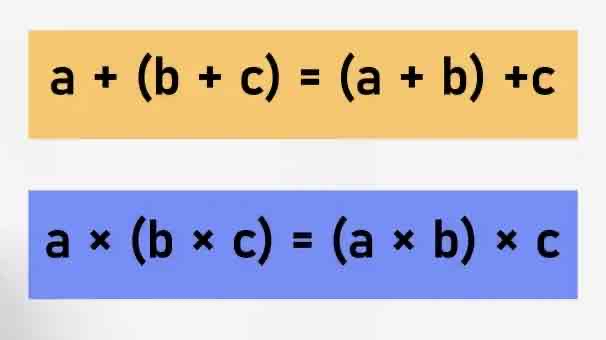
Distributive Property
Multiplying a number by a sum (or difference) is the same as multiplying the number by each term in the sum (or difference)
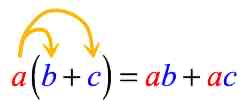
Identity Property
The sum of any number and zero is the number itself, and the product of any number and one is the number itself.
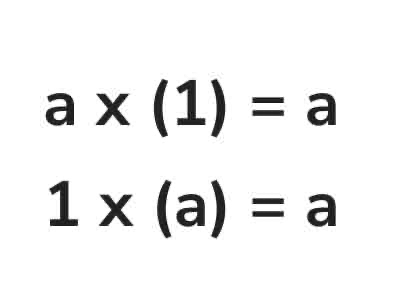
Inverse Property
For any number, there exists an additive inverse such that when added together, they result in zero, and a multiplicative inverse such that when multiplied together, they result in one.
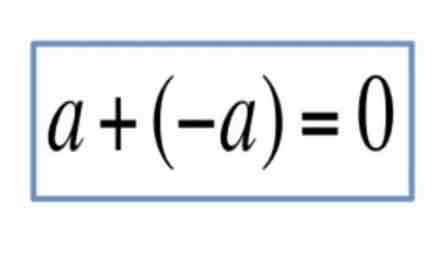
Translation
(x, y) → (x+a, y+a)
Reflection across the x-axis
(x, y) → (x, -y)
Reflection across the y-axis
(x, y) → (-x, y)
Reflection across the line y=x
(x, y) → (y, x)
Rotation 90 about the origin
(x, y) → (-y, x)
Rotation 180 about the origin
(x, y) → (-x, -y)
Rotation 270 about the origin
(x, y) → (y, -x)
Dilation with respect to the origin and scale factor of k
(x, y) → (kx, ky)
Conditional statement
If A, then B
Converse
If B, then A
Inverse
If not A, then not B
Contrapositive
If not B, then not A
Biconditional
A if and only if B
Reflexive Property
a = a
Symmetric Property
If a = b, then b = a
Transitive Property
If a = b, and b = c, then a = c
Simple Interest
I = Prt
Compound Interest
A = P(1+r)^t
Compound Interest (GF)
A= P(1+r/n)^nt